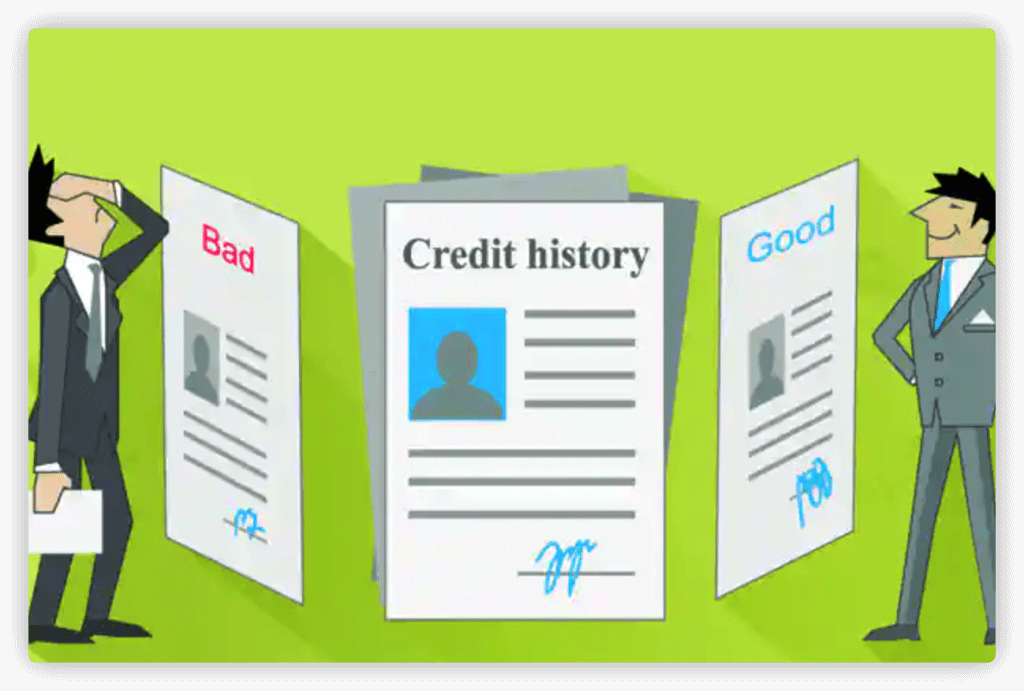
Your credit score can have an impact on more than just your ability to qualify for loans and credit cards. It can also affect your employment prospects, as some employers may check your credit score as part of the hiring process. In this article, we will discuss what employers look for in a credit score and how you can improve your credit score to increase your chances of getting hired.
What Employers Look for in a Credit Score
While it is not uncommon for employers to check credit scores as part of the hiring process, the specific credit score requirements may vary depending on the company and the position. Some employers may only check credit scores for certain positions, such as those that involve handling money or sensitive information.
In general, employers are looking for credit scores that indicate financial responsibility and stability. A high credit score suggests that you are able to manage your finances effectively and make timely payments. A low credit score, on the other hand, may raise red flags for employers and could potentially disqualify you from certain positions.
How to Improve Your Credit Score
If you are concerned about your credit score and how it may affect your employment prospects, there are steps you can take to improve your credit score:
- Check your credit report for errors: It is important to regularly review your credit report to make sure there are no errors or inaccuracies. If you find an error, you can dispute it with the credit bureau to have it corrected.
- Pay your bills on time: Payment history is one of the most important factors that determines your credit score. By making timely payments on your bills, you can demonstrate financial responsibility and improve your credit score.
- Keep your credit utilization low: Credit utilization is the amount of credit you use compared to the total amount of credit available to you. A high credit utilization ratio (using a large percentage of your available credit) can hurt your credit score. To improve your credit score, try to keep your credit utilization below 30%.
- Don’t open too many credit accounts at once: Opening too many credit accounts in a short period of time can be a red flag to credit card companies and may result in a lower credit score. To improve your credit score, be selective about the credit accounts you open.
- Don’t close old credit accounts: Closing old credit accounts may seem like a good way to improve your credit utilization ratio, but it can actually have the opposite effect. Closing old credit accounts can shorten your credit history, which can lower your credit score.
Conclusion
Your credit score can have an impact on more than just your ability to qualify for loans and credit cards. It can also affect your employment prospects, as some employers may check your credit score as part of the hiring process. To improve your credit score and increase your chances of getting hired, make timely payments, keep your credit utilization low, and be selective about the credit accounts you open.
